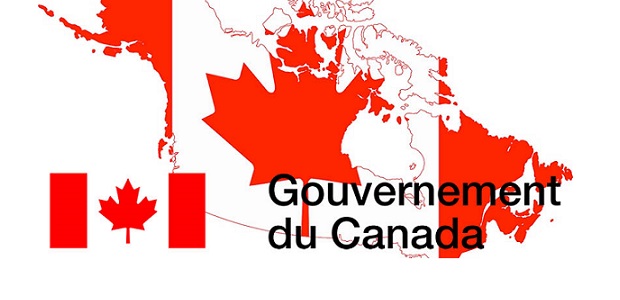
The reduction in interchange fees is expected to save small and medium-sized businesses in Canada $250 million per year, based on credit card sales of roughly $250 billion per year.
Finance Minister Bill Morneau announced that the Government has helped secure new, separate and voluntary commitments from three payment card networks that will lead to lower costs for small and medium-sized businesses. ”With lower interchange fees, businesses will be able to save money that they can use to invest, grow, and create more jobs—an important part of strengthening and growing the middle class.”, according to the press release.
These commitments from Visa, Mastercard, and American Express will make credit card acceptance fairer for small and medium-sized enterprises, which have less bargaining power than larger merchants to negotiate lower rates. The commitments will also help to maintain the card benefits—such as reward programs—that are important to Canadian consumers.
New Voluntary Commitments
As part of their new commitments, Visa and Mastercard will:
(1) reduce domestic consumer interchange fees to an annual average effective rate of 1.40 per cent for a period of five years;
(2) narrow the range of interchange rates (lowest vs. highest fee) charged to businesses;
(3) require annual verification by an independent third party.
The Finance Minister also welcomed a separate voluntary commitment from American Express that will support the Government’s objectives of greater fairness and transparency in the Canadian credit card market. This commitment recognizes the fact that American Express operates a unique business model with fees other than interchange fees.
Estimated Savings for Small and Medium-Sized Businesses
The reduction in interchange fees is expected to save small and medium-sized businesses in Canada $250 million per year, based on credit card sales of roughly $250 billion per year.
For a medium-sized business with credit sales of $5 million per year, a 10 basis point reduction in interchange fees—equivalent to the reduction announced today—could allow for savings of up to $25,000 over five years.
For smaller businesses with credit sales of $1 million per year, a 15 basis point reduction in interchange fees could allow for savings of up to $7,500 over five years. Due to the narrowing in the range of interchange fees, it is expected that small businesses will receive a greater reduction in interchange fees than large businesses, under the new agreements.
The agreement follows a similar move in April 2015, when Visa and Mastercard lowered their average interchange rate to 1.5 percent on Canadian cards in a five-year commitment amid pressure from the federal government.
Quotes
“The voluntary commitments announced today are good news for Canadian businesses that accept credit cards, and good news for Canadian consumers. With lower interchange fees, businesses will be able to save money that they can use to invest, grow, and create more jobs—an important part of strengthening and growing the middle class. I thank the payment card networks for making these commitments.” – Bill Morneau, Minister of Finance.
“When small and medium-sized businesses accept credit card payments, they must pay a fee. From taxi drivers to start-ups, these fees can be a financial burden. Today’s announcement will reduce the fees these businesses have to pay and will lower the cost of doing business in Canada. In addition to lowering the small business tax rate to the lowest in the G7, this is yet another measure we are taking to make it easier for small businesses to compete, invest in their success and create jobs from coast to coast to coast.”- Mary Ng, Minister of Small Business and Export Promotion.
“Canada’s business community—especially our small businesses—have been waiting for relief from high interchange fees for a long time. The commitments made today by the three payment card networks will help to deliver the lower rates for businesses of all sizes across Canada.”- Linda Lapointe, Member of Parliament for Rivière-des-Mille-Îles.
“Banks in Canada provide value for merchants and consumers across the country through a secure, reliable, cost-effective payment card network system,” the Canadian Bankers Association said in a statement. “Canada’s flexible interchange rates are already the lowest among jurisdictions including the United States, Latin America and the Asia Pacific region.”
Banking 4.0 – „how was the experience for you”
„So many people are coming here to Bucharest, people that I see and interact on linkedin and now I get the change to meet them in person. It was like being to the Football World Cup but this was the World Cup on linkedin in payments and open banking.”
Many more interesting quotes in the video below: